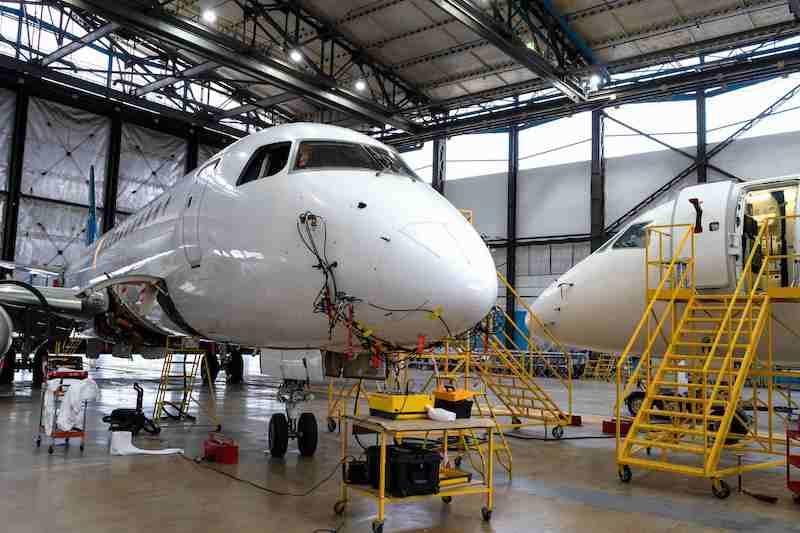
Investor interest in aviation aftermarket assets is steadily growing, leading to an uptick in related M&A deals.
Credit: Alla Hryhorieva/Alamy Stock Photo
Investor interest in aviation aftermarket assets has remained steady through a broader slowdown in mergers and acquisitions (M&A) and is heating up now even as high interest rates continue to weigh on the deal-making environment. Middle-market investment bank Meridian Capital highlighted “strong...
Subscription Required
Daily Memo: Aftermarket M&A Is Heating Up is published in Aviation Daily, an Aviation Week Intelligence Network (AWIN) Market Briefing and is included with your AWIN membership.
Already a member of AWIN or subscribe to Aviation Daily through your company? Login with your existing email and password
Not a member? Learn how to access the market intelligence and data you need to stay abreast of what's happening in the air transport community.





